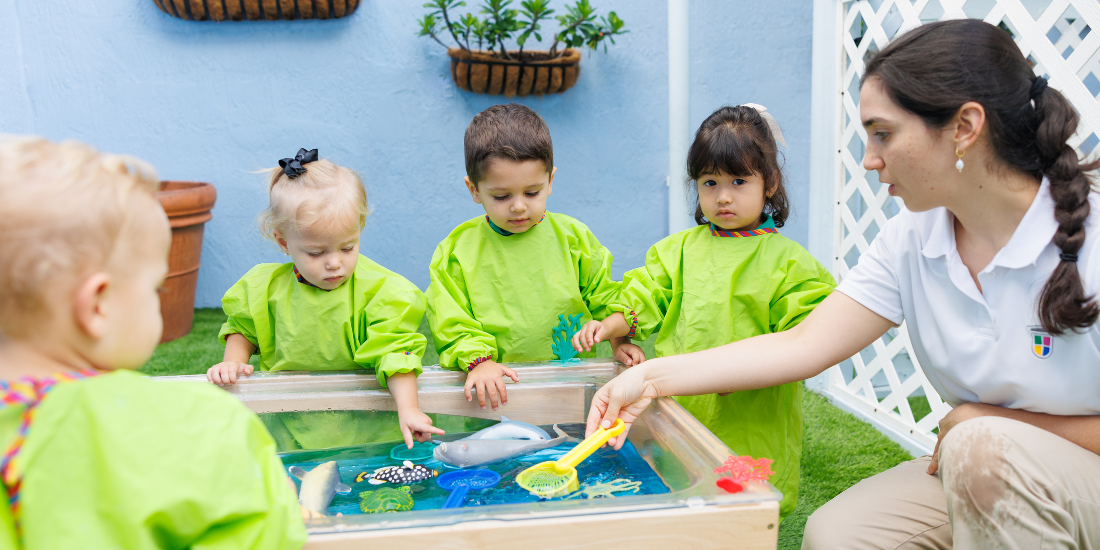
The Importance of Play in Preschool: Building a Strong Foundation for Learning
The best preschools are more than just a place for young children to spend a few hours each day; it is a vital stepping stone in their developmental journey. During these formative years, children engage in play-based learning, which significantly contributes to cognitive development. The structured yet flexible environment of preschools provides the perfect setting for young minds to explore, imagine, and grow. As parents and educators, understanding the power of guided play in these settings can enhance the educational experience for children, fostering a lifelong love for learning.
Encouraging Imagination and Creativity
One of the core components of cognitive development in preschool is the encouragement of imagination and creativity through guided play. Activities like pretend play, storytelling, and art allow children to express themselves and develop original ideas. This form of play not only stimulates brain development but also enhances creativity and problem-solving skills. As they engage in different scenarios, children learn to navigate challenges, assume roles, and create solutions, laying a strong foundation for critical thinking skills.
Promoting Social Interactions
Social interactions during play are another crucial aspect of cognitive development in preschool. Group activities encourage children to communicate, collaborate, and understand perspectives different from their own. According to Reflection Sciences, an average child begins developing a greater sense of individuality at age four. This heightened sense of self is crucial as it enhances their ability to relate to others, promoting empathy and social understanding. By interacting with their peers, preschoolers learn about cooperation and negotiation, valuable skills that contribute to emotional intelligence and future social interactions.
Supporting Language Development
The incorporation of play in preschool settings also supports the development of language and literacy skills. As children play, they are exposed to new vocabulary and concepts that enrich their understanding and communication abilities. Storytelling sessions, reading circles, and sing-alongs introduce them to different sounds, syllables, words and sentence structures. This repeated exposure, even in play, significantly improves their language acquisition and helps prepare them for more formal education in the coming years.
The power of guided play in preschool settings is truly transformative. By nurturing imagination, fostering social connections, and enhancing language skills, preschools play a critical role in cognitive and social development. As research continues to support the profound impact of play in early childhood education, it is essential for parents and educators to recognize and nurture this powerful tool. The playful experiences children have in preschool set the stage for a lifelong journey of learning and growth. Reach out to our team at Key Point Academy Coral Gables to schedule a visit of our preschool and learn more about our programs.
